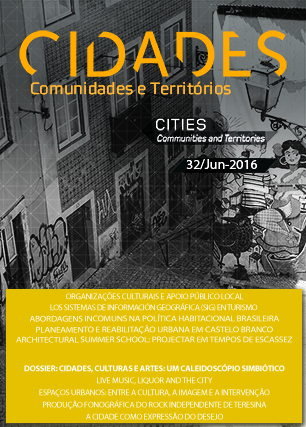Unusual approaches to Brazilian housing policy
Rehabilitation of idle buildings and their conversion into social housing
Keywords:
housing policies, rehabilitation of vacant buildings, central São PauloAbstract
The main objective of this article is to identify premises that contribute to the development and management of public housing policies that include the poorest population in their programs, as well as to locate the housing produced in central regions through the rehabilitation of idle buildings and their conversion in housing of social interest. These premises, which fit into urban reforms considered here as progressive, would be included in the legal and legislative framework of Brazil, but also in concrete experiences already carried out, such as in the administrations of the municipal government of the city of São Paulo, Brazil. Some of these recommendations and experiences will be investigated in this paper. One of the main examples is the qualification of the concept of social function of urban property and the possible ways to verify its full compliance. In this context, disputes can be seen in the direction of the public policies as well as of the public resources existing in the present time. One of the main findings is that technical inputs, derived from areas of knowledge such as architecture and urbanism, which tend to contribute to the formulation of urban laws and governmental programs of this kind, are not sufficient to cover this complexity, especially if isolated from the political conflict that engenders these decisions. The conjugation between technical knowledge and political action is, in this case, fundamental.
Downloads
Published
Issue
Section
License
CIDADES, Comunidades e Territórios by DINÂMIA'CET-Iscte is licensed under a CC-BY licence.






